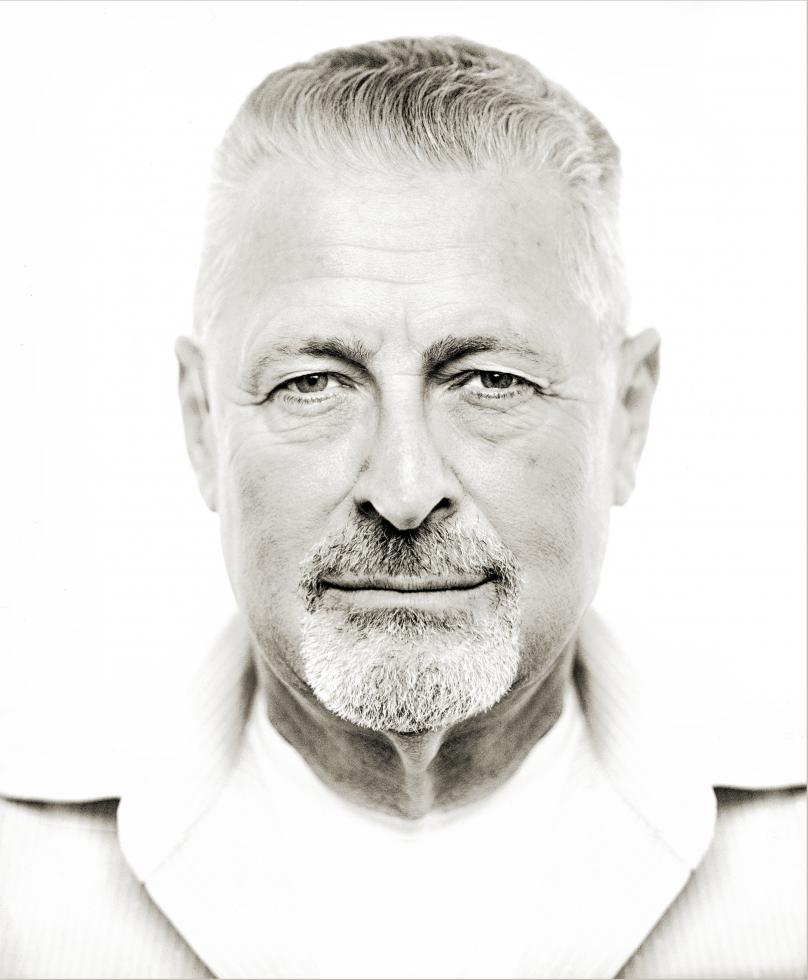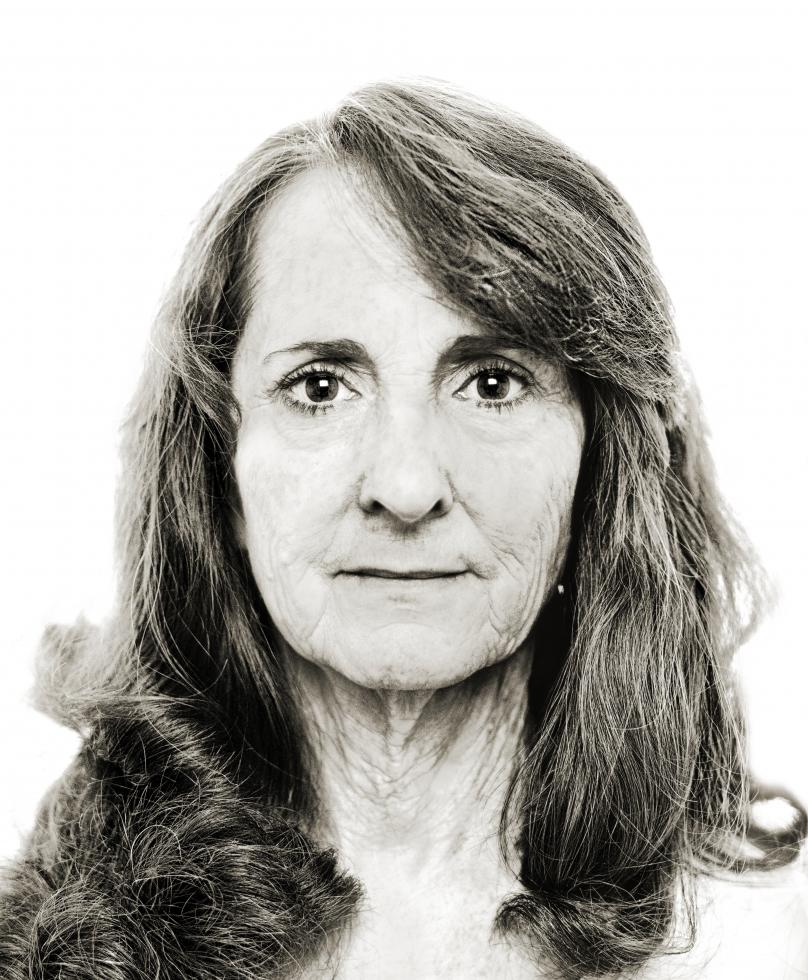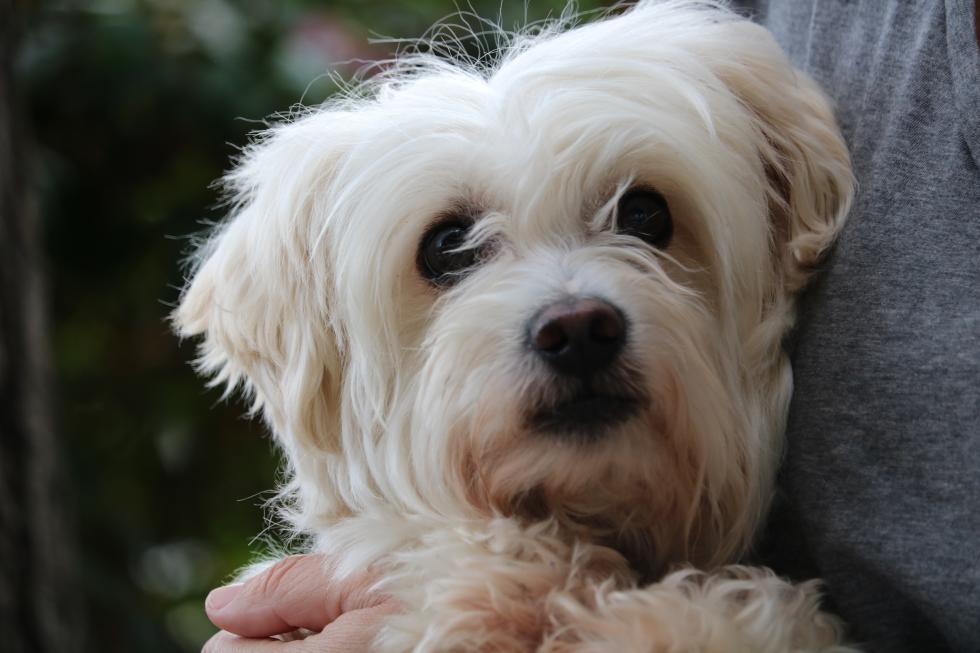After an exciting career working in marketing and production for decades with celebrity musicians in Southern California, Peter Blachley moved to Grass Valley for a slower pace of life.
As a photographer and owner of the Morrison Hotel Gallery with locations in New York, West Hollywood and Maui, he understands how powerful the arts can be. So when Blachley heard about Image Nation, a local photography program to help veterans, he wanted to get involved.
“Since I live in Nevada County, I’ve wanted to do something for the community,” Blachley says. “When I learned about Image Nation, I knew this was the right tie-in, especially being a vet myself.”
Michael Llewellyn, who runs the Image Nation program, took this
photo of veteran Van Bogardus. (Photo courtesy Michael Llewellyn)

Blachley’s Morrison Hotel Gallery organized a music, film and photography festival in August to raise money for the program. This was the first year for the “Peace, Love and War — The Sights and Sounds of ‘67” event, and the weekend included a screening of Thank You For Your Service, an acclaimed documentary highlighting post-traumatic stress disorder, and two additional films, Under the Covers and Monterey Pop.
Partial festival proceeds were donated to Image Nation, a joint project of the Nevada County Arts Council and Welcome Home Vets, a local nonprofit that provides veterans with mental health services and counseling, advocacy and referrals at no cost. The Image Nation philosophy is that sharing experiences through creative self-expression helps veterans cope with their military service in a meaningful and healthy way.
Award-winning photographer Michael Llewellyn runs the program, which launched in September of 2015. Before becoming an artist in residence for the Nevada County Arts Council, he worked for 22 years as a national print media photographer, his work featured in Time, Newsweek and campaigns for Warner Brothers, Frito Lay and more.
Michael Llewellyn’s photograph of veteran Leanne Jacobson. (Photo
courtesy Michael Llewellyn)

“We have two goals with Image Nation,” Llewellyn says. “We want to engage with veterans and also expose the non-military public to vets issues.”
The first Image Nation program had nine participants and the second program had eight. Over the course of 12, three-hour workshops, the veterans learn how to operate either a camera or a camera phone, and tips about composition, lighting, settings and more. Llewellyn encourages students to photograph what is important to them and to think deeply about meaning. He says when people are forced to confront meaning, many feelings come to the surface.
“It is very satisfying to see people go through significant transformations — technical and emotional,” Llewellyn says. “Through creative self-expression, they learn something new about their lives. They learn, and then they inspire other students to dig as deeply as possible. It can become therapeutic.”
Llewellyn says each student develops an individual subject of work, which is beneficial as it allows the general public to see the humanity of veterans through their photos. The program also has a traveling exhibit that brings exposure to the veterans’ photos. Exhibits have been held in Nevada City and Truckee.
Image Nation participant Sandra Boyd takes photos of dogs for
adoption listings for an animal shelter. (Photo courtesy Sandra
Boyd)

Army veteran Sandra Boyd participated in the inaugural program, and now uses her camera to capture dogs’ faces for adoption listings for an animal shelter in Grass Valley.
“The program allowed me to come to grips with being a veteran,” Boyd says. “I felt shame for many years about having been in the military, especially as a woman. We were not welcomed home kindly by many in the post-Vietnam era.”
Boyd says she did not even put her military service on her resume for fear of negative perception.
“A unique benefit of Image Nation is that it helps veterans not feel so isolated,” she says. “It provides a sense of camaraderie. Some veterans keep things bottled up, never even telling their spouses. It’s important to be around others who know what you’re feeling, to have a safe path for connectedness.”
Tammy Becker serves as the board chair of Welcome Home Vets and works with veterans, spouses and family members to understand PTSD, anxiety and trauma. “PTSD can’t be ‘cured,’ but tools like Image Nation can help vets cope to live full lives,” Becker says.
Becker says veterans often struggle to talk about PTSD, so many prefer nonverbal creative expression like writing songs or photography.
“Many vets saw traumatic things in combat or have survivor’s guilt. Some try to shove their feelings into a box and keep the lid on,” Becker says. “They have lost the ability to share their feelings and go numb, or become angry or full of sadness. The Image Nation program helps them express these feelings.”




Comments
Thanks so much to Comstock and Trish Moratto for this beautiful, well-written article covering Image Nation...This is such a wonderful project that pairs Veterans and the arts - outcomes are far reaching. Also such a perfect way for communities to meet their local Veterans in a new, innovative way to tell their stories.